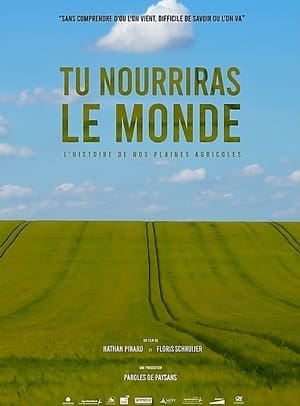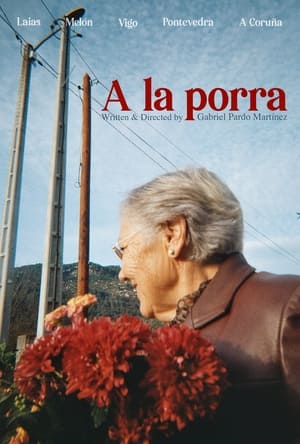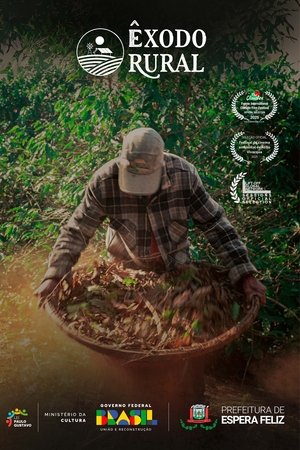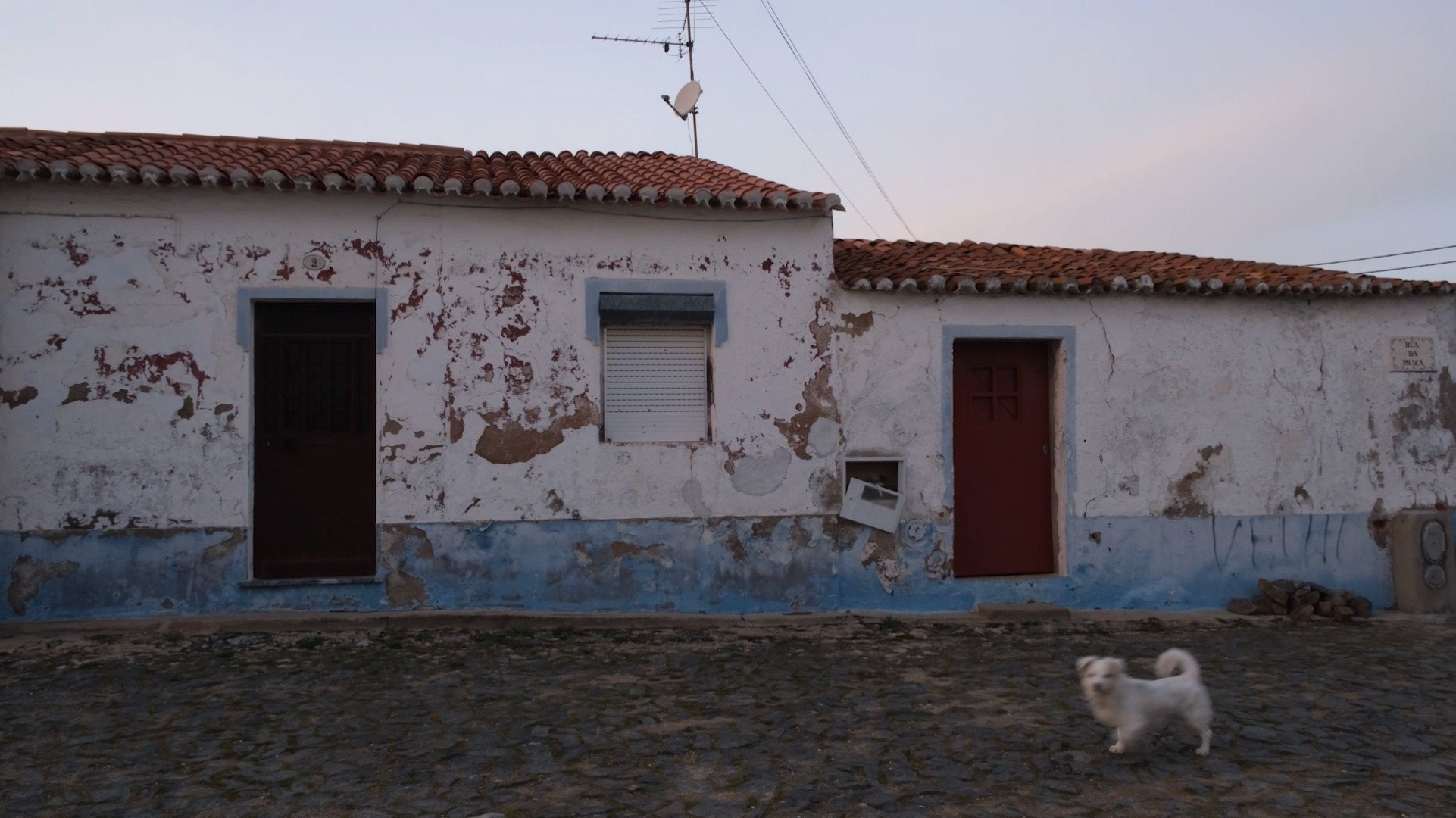
Ceifeira
Top 5 Billed Cast
Criança
Mulher
Homem
Narradora
Narrador

Ceifeira
HomePage
Overview
Release Date
2024-07-04
Average
0
Rating:
0.0 startsTagline
Genres
Languages:
PortuguêsKeywords
Similar Movies
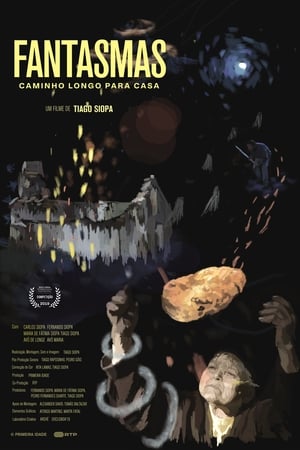 7.5
7.5Ghosts: Long Way Home(pt)
After a spell cast by Grandma Faraway, the oldest son of a small family encounters the ghost of his late Grandma Maria still living in her old house, and they chat as they used to.
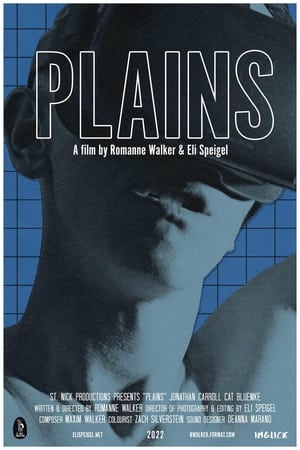 0.0
0.0Plains(en)
Set in the sparsely populated lobster fishing villages of southern Nova Scotia, Plains is a cinema vérité approach to documenting the curious lives of Jon and Cat, a young couple who are developing politically left-leaning virtual reality video games. Against the busy backdrop of their art practice, we sit in on their quiet rural life, which, in its proximity to nature and the vast green and oceanic spaces that surround, echoes the romanticism of a simpler time. As the decaying world of physical labour and the mechanical industry faces up to an expanding digital empire, Jon gradually retreats into the alternative realities of his own design.
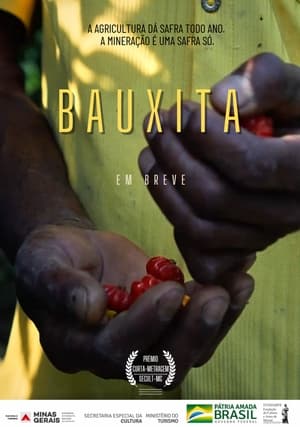 10.0
10.0Bauxita(en)
Brazil is one of the most dangerous countries for environmentalists. The rural community of Belisário holds the country's second largest bauxite reserve, right below one of the most bio-diverse areas in the world: the Atlantic Forest. The small community was shaken when the beloved Gilberto, a Franciscan Friar, received a death threat followed by the lines: "you've been talking against mining way too much". PT: O Brasil é um dos países mais perigosos do mundo para defensores do meio ambiente. Em Minas Gerais, a comunidade rural de Belisário abriga a segunda maior reserva de bauxita do país, em uma das áreas de maior biodiversidade do mundo: a Mata Atlântica. A tranquilidade do pequeno vilarejo foi abalada quando Frei Gilberto, um franciscano que dedica sua vida à preservação da natureza, recebeu uma ameaça de morte com o seguinte aviso: "você tem falado demais contra a mineração".
 5.9
5.9Bad Axe(en)
A real-time portrait of 2020 unfolds as an Asian-American family in Trump’s rural America fights to keep their restaurant and American dream alive in the face of a pandemic, Neo-Nazis, and generational scars from the Cambodian Killing Fields.
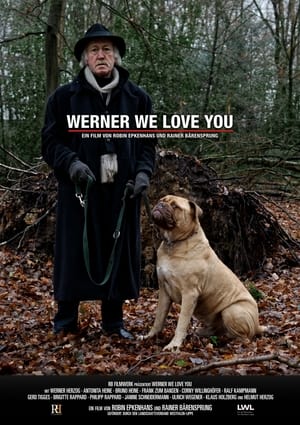 8.5
8.5Werner We Love You(de)
When Werner Herzog was still a child, his father was beaten to death before his eyes. His mother was overwhelmed with his upbringing and thereupon shipped him off to one of the toughest youth welfare institutions in Freistatt. This was followed by a career as a bouncer in the city's most notorious music club and an attempt to start a family. Today, the 77-year-old from Bielefeld lives with his dog Lucky in a lonely house in the country. Despite adverse living conditions, he has survived in his own unique and inimitable way.
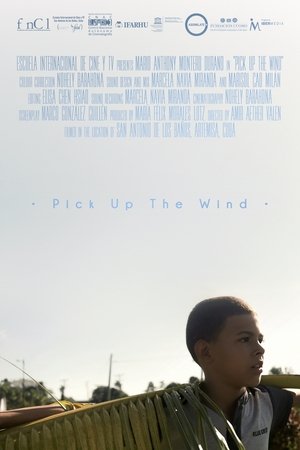 6.0
6.0Pick up the Wind(es)
A short film following Anthony, a young child from the small, rural town of San Antonio de los Baños, Cuba. We see him in different moments of his daily life as he interacts with different forms of environmental, familial, and social influences. While Anthony displays contradictory traits of creativity, destruction, rigidity, and tenderness as he interacts with his external and internal worlds, we see a story built from the the multidimensionality of Anthony's layered personality as a young man.
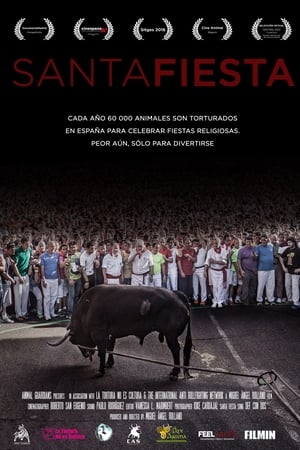 10.0
10.0Santa Fiesta(en)
SINOPSIS / SYNOPSIS Every year in Spain, some 16,000 Fiestas are organized, during which animals are used. Honoring the Holy Virgin and the Patron Saints, and with the blessing of religious and political authorities, entire towns -including children- are involved in celebrations of unbelievable cruelty. 60,000 animals are hence abused each year during these “Fiestas of Blood”.
 6.0
6.0The Cheese & The Worms(ja)
A documentary that records the daily life of a mother with a limited life expectancy and a grandmother, directed by the daughter, Haruyo Kato.
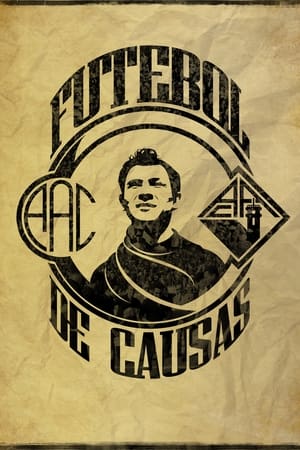 10.0
10.0Football With a Cause(pt)
The documentary shows the academic movement and its several crisis by the players perspective and the way they contributed and involved themselves in the movement as students and Men. The main focus will be on the players and the academic leaders in this process during the 60’s.
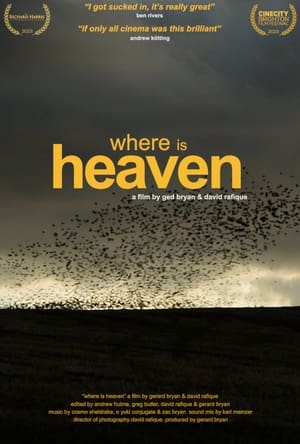 10.0
10.0Where is heaven(en)
Maverick soul mates Ged and Dave are on a mission through the winding lanes and hidden tracks of North Devon, to record the lives and experiences of people living without mains electricity.
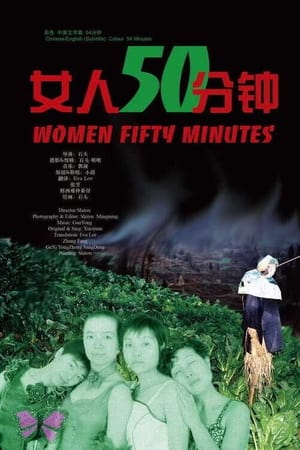 9.0
9.0Women 50 Minutes(zh)
A representation of queer and feminist imagery that was mainly shot in the Qinghai-Tibetan Plateau, remote and developing areas in southwest China, and metropolitan cities like Beijing from 2000 to 2004 to document the social changes in contemporary China. The director sympathetically and erotically represents a variety of women, including women as laborers, women as prayers, women in the ground, women in marriage, and women who lie on the funeral pyre with their dead husbands. Her camera juxtaposes the mountains and rivers in old times, the commercialized handicrafts as exposition, the capital exploitation of the elders’ living space, and the erotic freedom of the young people in a changing city.
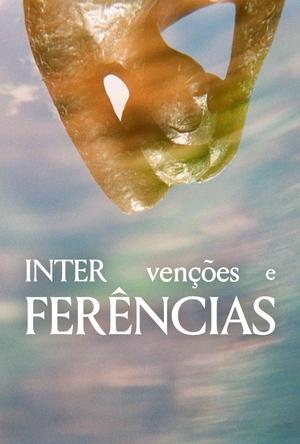 0.0
0.0INTERVENTIONS AND INTERFERENCES(en)
Through a collage of spaces and times, the interventions and interferences of nature and human beings in the south of Brazil reveals themselves... or try to hide.
 0.0
0.0William Wells Talks About The Island(en)
William Wells defends the viability of Fogo Island and expresses his apprehension about the exodus of young people.
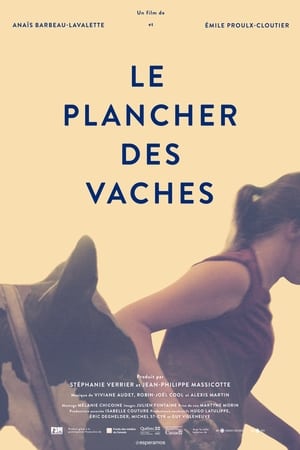 0.0
0.0Solid Ground(fr)
The unique journey of three reserved and endearing teens as they test their limits, discover the meaning of strong connections and live and learn in synch with the natural rhythms of the land and its animals.
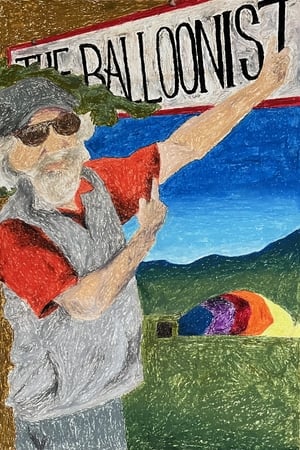 0.0
0.0The Balloonist(en)
Meet Brian Boland—the beloved, eccentric hot air balloonist and artist from the rural Upper Valley of Vermont.
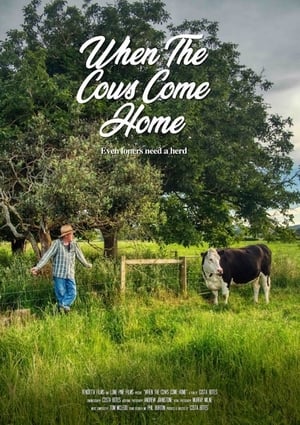 0.0
0.0When the Cows Come Home(en)
When the Cows Come Home introduces audiences to Tilly and Maggie, a pair of cows that musician, journalist, artist and cow whisperer, Andrew Johnstone has befriended and subsequently saved from slaughter. The garrulous herdsman is enthusiastic to expound his views on animal husbandry, bovine communication and the vagaries of life in general, before the film walks us back through the events that have shaped the singular farmer-philosopher. From personal family tragedy to warring with Catholic school authorities, innovating in Hamilton’s nascent music scene to creating guerrilla art installations; Johnstone’s life has had a truly idiosyncratic trajectory. Mental health issues may have seen him retreat to life on the farm, but the film makes clear its subject’s restless inquisitiveness is far from being put out to pasture.
